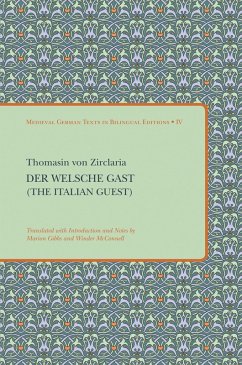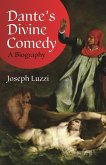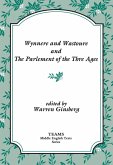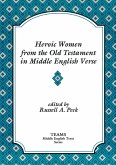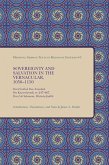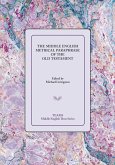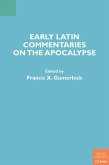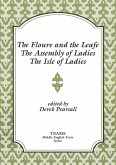Friedrich Neumann described Thomasin's Der Welsche Gast as a linguistic phenomenon without comparison within the corpus of German literature of the Hohenstaufen period. In the didactic literature of the time, Der Welsche Gast does indeed occupy a unique position ... [It] betrays the heavy hand of the clerical moralist who moves from providing the younger members of his audience with a primer for proper social etiquette in his early verses to a meticulous analysis of what he clearly viewed as the appropriate ethical code for the nobility of his time, often presented against the backdrop of a thundering condemnation of the state of contemporary affairs ... [T]he work remains a remarkable product of an important period in German literature and indeed in medieval European culture; it may be argued with considerable justification that Der Welsche Gast is the most significant didactic work of the German High Middle Ages. Unique in its own time, yet apparently valued by Thomasin's contemporaries and immediately succeeding generations, it belongs very much to its own age, yet, like so much of the literature of the German Middle Ages, it touches chords in the modern reader which cannot and should not be ignored.
Dieser Download kann aus rechtlichen Gründen nur mit Rechnungsadresse in A, B, BG, CY, CZ, D, DK, EW, E, FIN, F, GR, HR, H, IRL, I, LT, L, LR, M, NL, PL, P, R, S, SLO, SK ausgeliefert werden.

